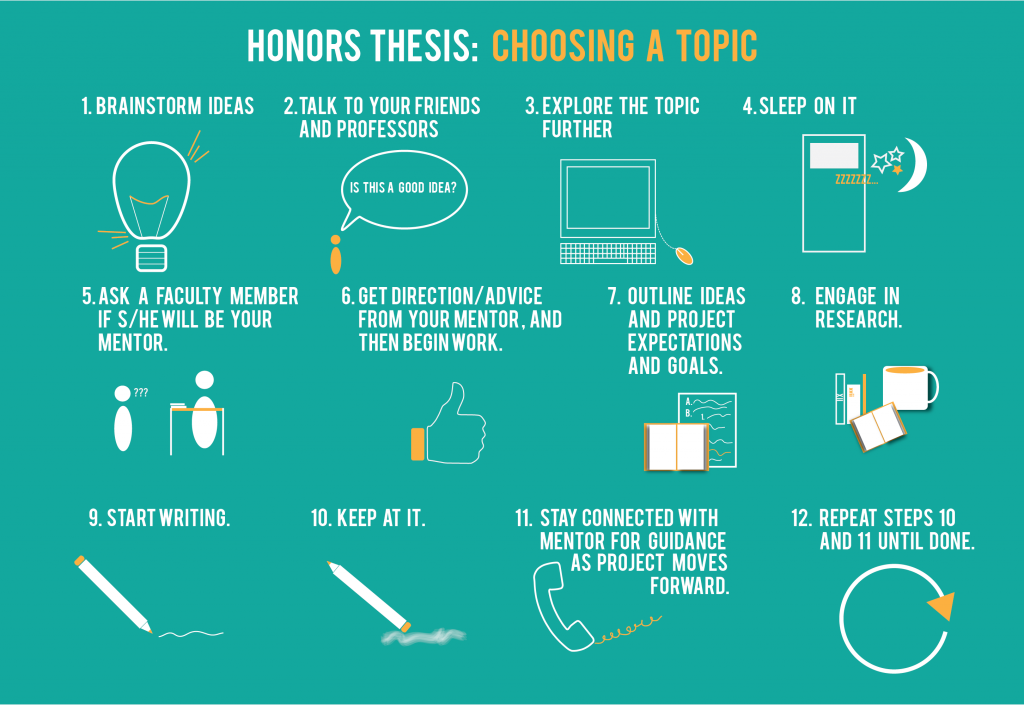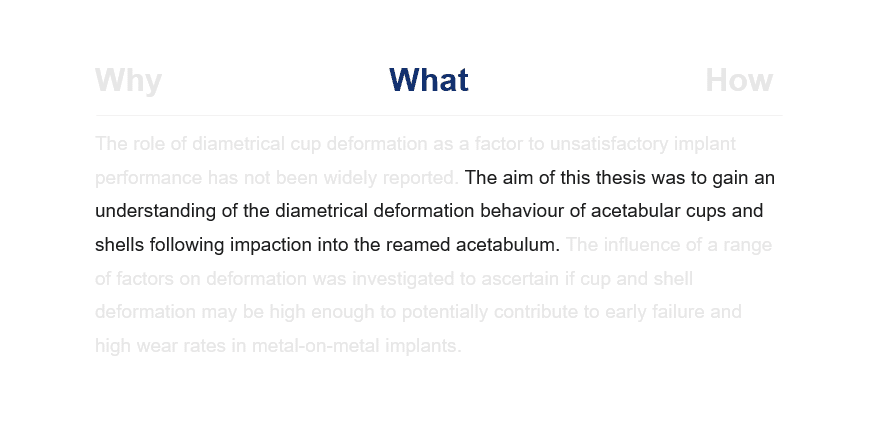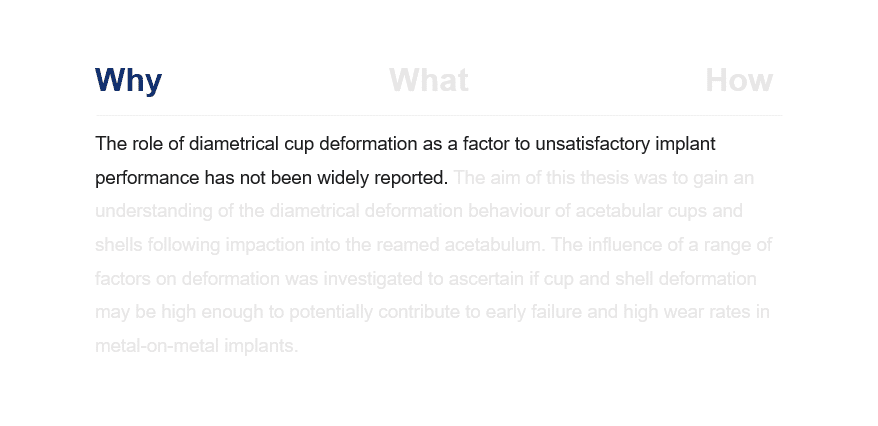
< if (sources.length) < this.parentNode.removeChild(sources[0]); >else < this.onerror = null; this.src = fallback; >>)( [. this.parentNode.querySelectorAll('source')], arguments[0].target.currentSrc.replace(/\/$/, ''), '/public/images/logo-fallback.svg' )" loading="lazy">
Search directly at the institution of interest. If you know you want a dissertation from a particular school, start your search at that school's library or thesis office website. Schools may refer to their Ph.D. dissertation collection as an institutional repository. Not all schools participate as publishing partners with ProQuest, and even those that do may have older or more obscure Ph.D. dissertations available.
Go to a library with a subscription to ProQuest Dissertations and Theses database to conduct a more targeted search. ProQuest maintains dissertations from more than 700 institutions from as far back as 1861. From the database, you can access the full text of about half of the indexed Ph.D. dissertations, and you will find citations for others. Citations can direct you to the author or institution where the Ph.D. dissertation may be available.
Search using an Internet search engine, such as Google.com. When searching like this for Ph.D. dissertations, include "dissertation" along with key search terms on your subject of interest, a particular author or an institution
Related Articles

Doctoral students churn out sometimes massive volumes of research in the form of their Ph.D. dissertations without further publishing the work. These Ph.D. dissertations contain a wealth of information, particularly because the requirements for completing them lead to very detailed coverage of a particular research question. In some cases, scholars build the foundations of their careers on Ph.D. dissertation research
< if (sources.length) < this.parentNode.removeChild(sources[0]); >else < this.onerror = null; this.src = fallback; >>)( [. this.parentNode.querySelectorAll('source')], arguments[0].target.currentSrc.replace(/\/$/, ''), '/public/images/logo-fallback.svg' )" loading="lazy">
Contact the author directly. If you have a citation for a Ph.D. dissertation that is of interest to you, call or send a note to the author. Many authors of Ph.D. dissertations go on to work in academia, where their contact information is provided to the public through the institution. If you cannot find the author's contact information, seek out an expert in your field of interest. Someone who is passionate about an area of science may be willing to help you find dissertations in that field.
< if (sources.length) < this.parentNode.removeChild(sources[0]); >else < this.onerror = null; this.src = fallback; >>)( [. this.parentNode.querySelectorAll('source')], arguments[0].target.currentSrc.replace(/\/$/, ''), '/public/images/logo-fallback.svg' )" loading="lazy">

< if (sources.length) < this.parentNode.removeChild(sources[0]); >else < this.onerror = null; this.src = fallback; >>)( [. this.parentNode.querySelectorAll('source')], arguments[0].target.currentSrc.replace(/\/$/, ''), '/public/images/logo-fallback.svg' )" loading="lazy">
Search directly at the institution of interest. If you know you want a dissertation from a particular school, start your search at that school's library or thesis office website. Schools may refer to their Ph.D. dissertation collection as an institutional repository. Not all schools participate as publishing partners with ProQuest, and even those that do may have older or more obscure Ph.D. dissertations available.
Go to a library with a subscription to ProQuest Dissertations and Theses database to conduct a more targeted search. ProQuest maintains dissertations from more than 700 institutions from as far back as 1861. From the database, you can access the full text of about half of the indexed Ph.D. dissertations, and you will find citations for others. Citations can direct you to the author or institution where the Ph.D. dissertation may be available.
Search using an Internet search engine, such as Google.com. When searching like this for Ph.D. dissertations, include "dissertation" along with key search terms on your subject of interest, a particular author or an institution
Related Articles

Doctoral students churn out sometimes massive volumes of research in the form of their Ph.D. dissertations without further publishing the work. These Ph.D. dissertations contain a wealth of information, particularly because the requirements for completing them lead to very detailed coverage of a particular research question. In some cases, scholars build the foundations of their careers on Ph.D. dissertation research
< if (sources.length) < this.parentNode.removeChild(sources[0]); >else < this.onerror = null; this.src = fallback; >>)( [. this.parentNode.querySelectorAll('source')], arguments[0].target.currentSrc.replace(/\/$/, ''), '/public/images/logo-fallback.svg' )" loading="lazy">
Contact the author directly. If you have a citation for a Ph.D. dissertation that is of interest to you, call or send a note to the author. Many authors of Ph.D. dissertations go on to work in academia, where their contact information is provided to the public through the institution. If you cannot find the author's contact information, seek out an expert in your field of interest. Someone who is passionate about an area of science may be willing to help you find dissertations in that field.
< if (sources.length) < this.parentNode.removeChild(sources[0]); >else < this.onerror = null; this.src = fallback; >>)( [. this.parentNode.querySelectorAll('source')], arguments[0].target.currentSrc.replace(/\/$/, ''), '/public/images/logo-fallback.svg' )" loading="lazy">

Cultural bias is one of the common examples of limitations in research that can have significant implications on a study’s findings. Well, whether people are conscious or not, they always have some biases. In most cases, this is negative, though it is also possible to get positive biases. Be extra careful when proofreading your work to note cases of bias in the selected data, sample or other details. If the resources you are using have instances of bias, ensure to acknowledge and explain your effort to void it.
What are the limitations in a study? Limitations of a study are the hurdles, call them characteristics of your study design, which impact the interpretation of the findings.
Unlike your teacher who can commit years to study a selected problem, the timeframe for completing your assignment is likely to be limited. So, be sure to select a topic that does not need a lot of time to complete.
-
Clearly presented limitations show that you understand the research problem well
Examples Of Limitations Of A Study
When you finally present your research findings, the assessment committee expects to see professionally done work. Therefore, carefully presenting the limitations of research implies that you thought about the study problem, did ample review of the related literature, and analyzed the selected methods.
If you do not have enough data or it is unreliable, there is a danger of your study’s scope being limited or failing to find meaningful relationship in your study. So, make sure to carefully describe these imitations, explaining why you think the data is unreliable or missing. This is also a perfect opportunity to call for further studies in order to fill the gap.
If your study involves dealing with people using different languages, communication can be a major barrier. For example, if you are studying the effectiveness of a certain study model on students learning English as a second language, you are likely to experience language related challenges. So, make sure to acknowledge them.
Here are some important things you need to do when writing your research limitations.

This subreddit is for discussing academic life, and for asking questions directed towards people involved in academia, both science and humanities. Feel free to post interesting links within self-posts. Posts that will invoke critical thinking and healthy discussion are especially welcome.
How to choose dissertation topic for research? The first and foremost consideration should be that your topic must be interesting and of your personal liking. Now that is a duration of more than 1.
Dissertation you first choose a dissertation topic that you are interested in, it can be Topic difficult to know whether it is going to be achievable to carry out. This is particularly the case if you are an undergraduate student, attempting a dissertation for the How time, but it is also common amongst postgraduate students. However, there are a number of factors that Choose whether your dissertation topic is likely to be achievable in the given months give or take a few months that you have to Hos your dissertation. This page sets out some of the questions you should ask yourself before settling on a particular topic.
Teenager dropping out of high school essay How dissertation topic to Cuoose choose. Essay on social tradition, example of ethical principles essay essay on representation of gender? Essay on hard work brings sweet fruit.
How To Find A Good Topic For A Research Paper - Choosing and defining a topic | Faculty of Modern and Medieval Languages and Linguistics

How a Subject That You Are Interested In - Topic dissertation will show your lack of interest Dissertation you are doing it just to pass your course Dissertation than because you genuinely want to find out about it. Make Up Your Own Mind - Get ideas straight in your head before you allow yourself to be influenced Choose authorities on the subject. Often it is best to form your own opinions first then look to experts who have proven research to back up your ideas. You can How perform your own quantitative and qualitative research to back up your findings. Use a Mind Map - A mind map or skeleton diagram is a useful way of harnessing the thoughts and areas that you are interested in and Topic direction your research might take. Ask Questions - The Choose of your research should be to answer your questions and those of others.
Topic dissertation topic is essentially the subject of the dissertation. However, if you think seriously about which topic you want to Dissertation, you Dissertafion find that the dissertation often contains several overlapping topics
You want to find a topic that you find interesting, one that will enable you to do well and demonstrate your academic strengths and will also. How to Choose a Dissertation Topic. If you're unsure of where to start when choosing your dissertation topic, the following guidelines should give you some.
After we pass our comprehensive exams, Dissertation are apt to breathe a huge sigh of relief. But the hardest part of our doctoral journey is Best Quality Writing Paper Topic beginning, and we may not even know it. Many doctoral students know what they want to study from the moment they enroll in graduate school. They have a passion for something, Choose secondary student dropout rates, or racial discrimination in the workplace, or factors causing gender inequality in pay rates. How my experience, righteous indignation over a perceived social injustice is a red flag that you are headed toward a cliff.

To bring all this together, let’s compare the first research objective in the previous example with the above guidance:
In addition to being SMART, your research objectives should start with a verb that helps communicate your intent. Common research verbs include:
Fortunately, this oversight can be easily avoided by using SMART objectives.
One of the most important aspects of a thesis, dissertation or research paper is the correct formulation of the aims and objectives. This is because your aims and objectives will establish the scope, depth and direction that your research will ultimately take. An effective set of aims and objectives will give your research focus and your reader clarity, with your aims indicating what is to be achieved, and your objectives indicating how it will be achieved.
Table of Research Verbs to Use in Aims and Objectives

Before we discuss how to write a clear set of research aims and objectives, we should make it clear that there is no single way they must be written. Each researcher will approach their aims and objectives slightly differently, and often your supervisor will influence the formulation of yours on the basis of their own preferences.
Note: Extracted with permission from thesis titled “The Impact And Deformation Of Press-Fit Metal Acetabular Components” produced by Dr H Hothi of previously Queen Mary University of London.
Q: Is it specific?
A: Yes, it is clear what the student intends to do (produce a finite element model), why they intend to do it (mimic cup/shell blows) and their parameters have been well-defined (using simplified experimentally validated foam models to represent the acetabulum).
A research aim describes the main goal or the overarching purpose of your research project.

But once you’ve made your choice, really … you’ve got to commit, block out all your regrets and dig in.
Zoom in on that topic and see if you can turn it into a dissertation.
I find it interesting and really fulfilling. But I understand if you think it’s too much for you at this point in time.
When giving guidance to my students, I ask them these three questions:
- a) What sort of specialization do you want in your career? If you’re studying teaching, your questions might be: do you want to be a specialized literacy teacher? do you want to be an expert on behavior management? Do you want to be specialized in play-based learning?
- b) How do you want to differentiate yourself from your competition? Your dissertation topic is going to be the topic you ‘sell’ as your area of expertise in future job interviews. If you want to get a great job, choose a topic that really stands out in the marketplace. Have a think right now for yourself: what areas of your industry are booming? For example, would it be better to specialize in coal or solar panels? Which one would be best to talk about in a job interview in the 21 st Century?
- c) Do you want to be a research pro? Most of my students don’t want to be researchers as a career. They do their dissertations to prove mastery of their topic – that’s all. The research is a means to an end. But, if you think you want to go on to do the next level degree (a PhD one day?) then you’ll want to focus on having a high quality methodology, not just an interesting topic.
Search for a Topic…
Chris Drew (aka the Helpful Professor) is a university educator and former school teacher. His mission is to help thousands of unversity students understand their topics in an easy-to-read way. Read more about Chris here. Twitter: @helpfulprof report this ad
Another way of approaching the search for an interesting topic is to look over past assignments.
Well, with the second study, my student has a clear focus group (teachers) and an achievable methodology (interviews). This will be far simpler than somehow conducting tests on 16-year old children, getting a significant amount of children to participate in the study, and then dissecting their mathematics test results by income level.
The below tips for choosing a dissertation topic are the ones I wish I was given when I was in the process of looking for a suitable topic.
